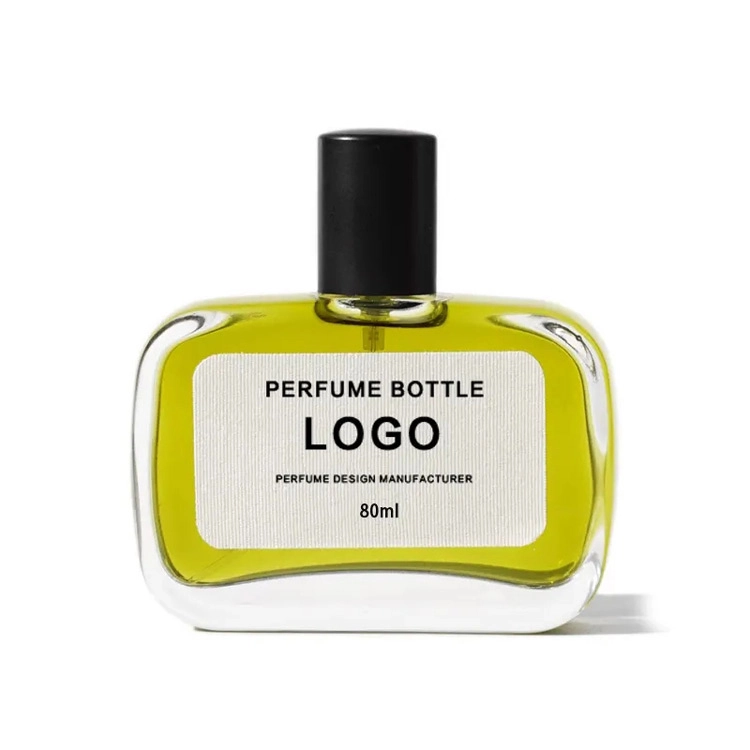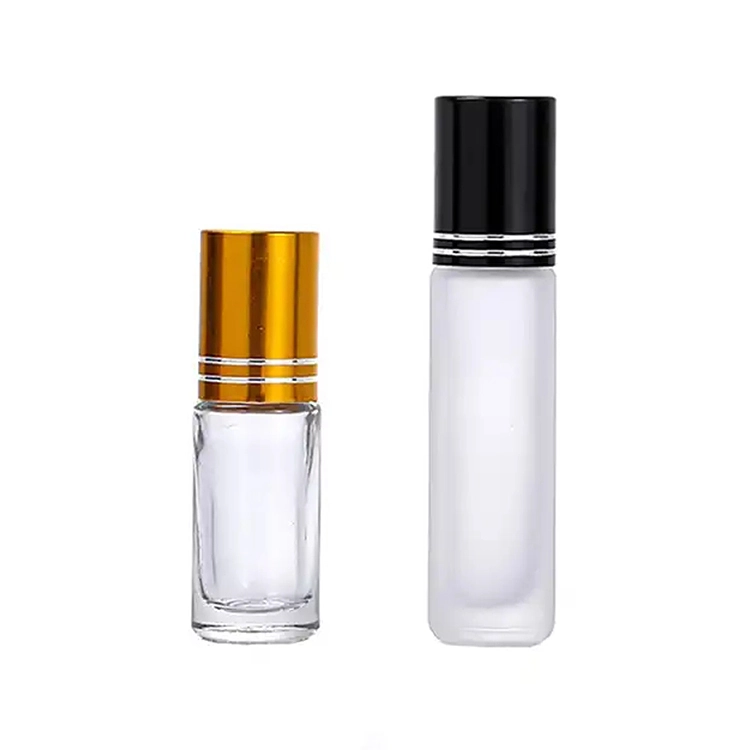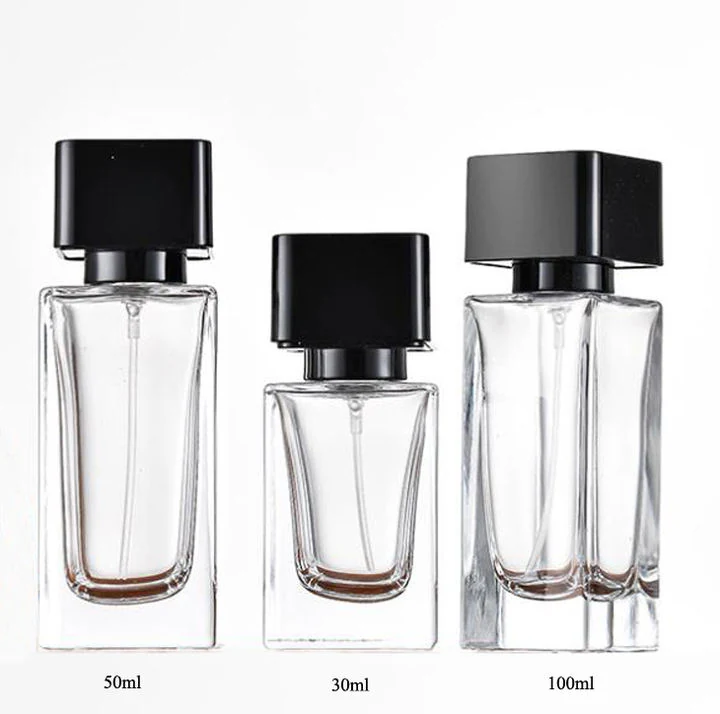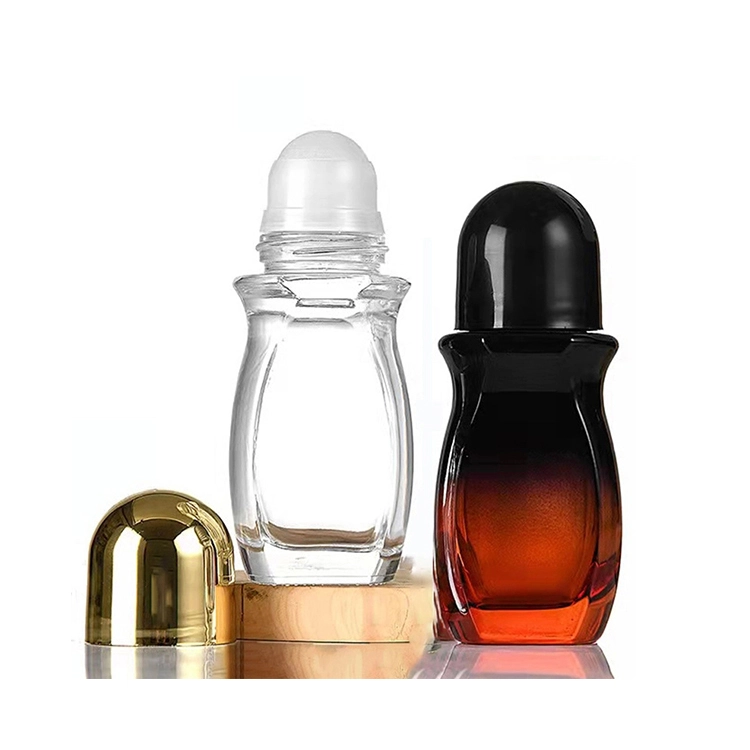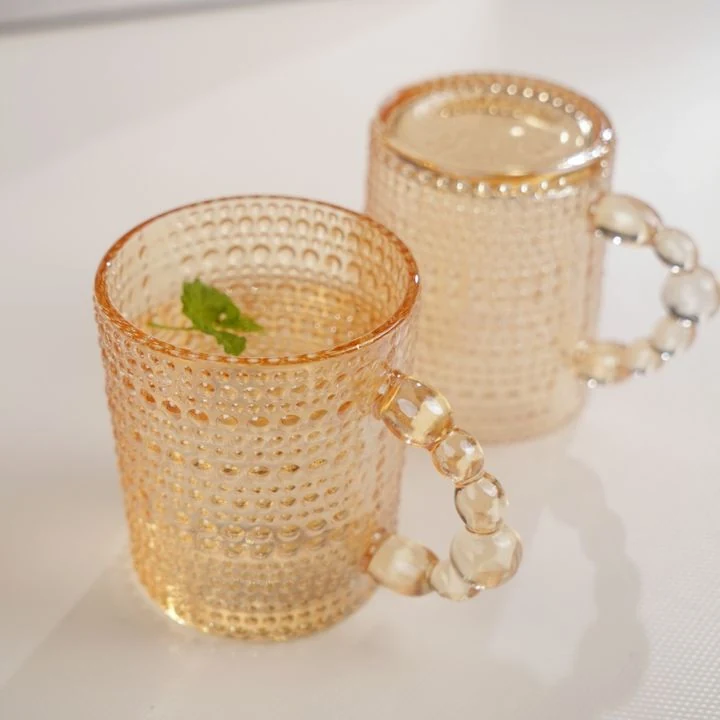
Part 1: Market Size and Growth
India’s glass cup manufacturing industry has grown rapidly in recent years, driven by rising domestic demand and expanding export opportunities. The country’s strong base in raw materials and cost-efficient production has made it one of Asia’s fastest-growing hubs for glassware. From home kitchens to luxury hotels, Indian glass cups are now part of both local and international markets.
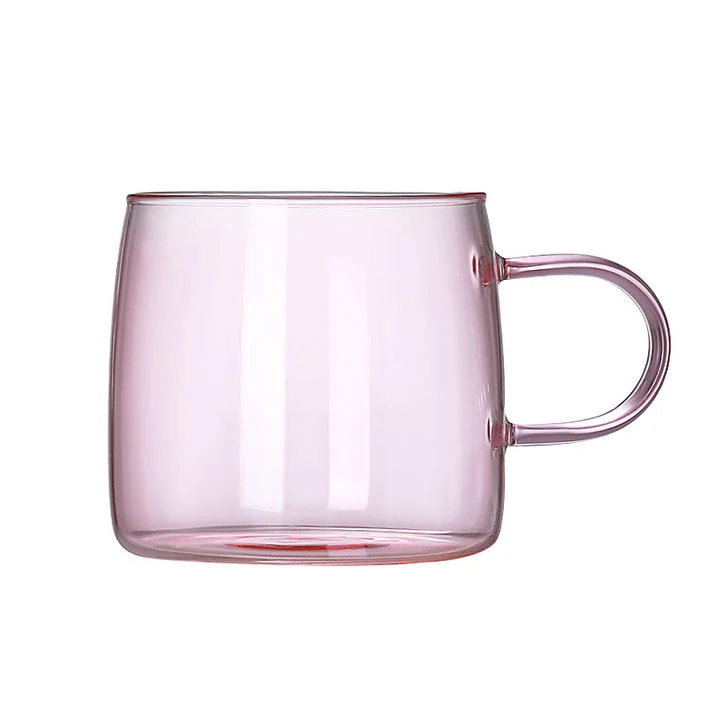
During my visits to glass factories in Firozabad and Gujarat, I noticed how traditional glassblowing has evolved with modern automation. Many manufacturers now use advanced furnaces, CNC forming, and automated annealing systems. The shift toward clear, lightweight, and lead-free glass has improved both quality and global competitiveness. This transformation reflects India’s broader industrial modernization.
The Indian government’s “Make in India” initiative has also fueled growth, encouraging foreign investment and technological upgrades in manufacturing. Exporters now serve markets across Europe, the Middle East, and the Americas. Environmental policies promoting recycling and energy efficiency have further strengthened the industry’s sustainability profile. India’s blend of tradition, scale, and innovation positions it as a major global player in glass cup production.
Part 2: Leading Companies
Borosil Limited
Founded in 1962 in Mumbai, Borosil Limited is India’s most recognized name in glassware. Originally focused on laboratory glass, the company expanded into consumer products, becoming a leader in heat-resistant and borosilicate glass cups. Its brand is synonymous with reliability, safety, and modern design.
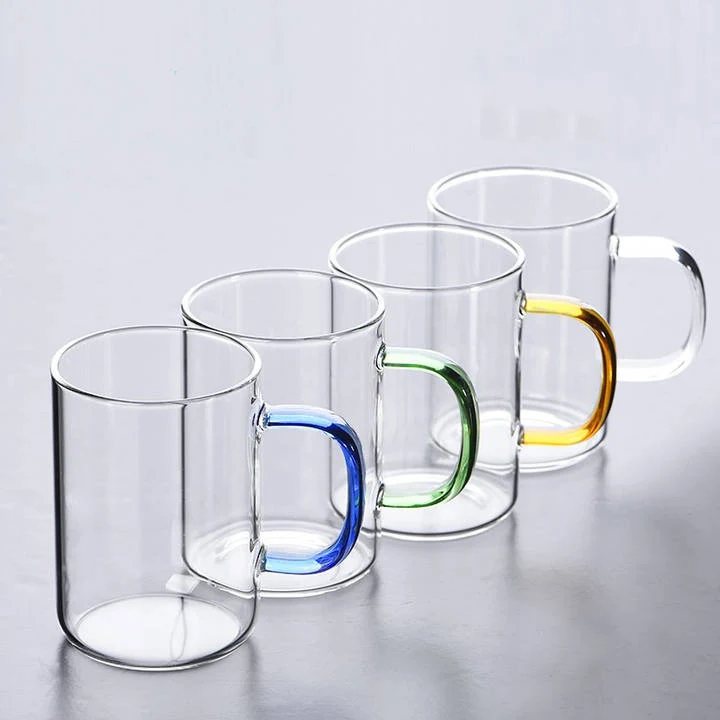
Borosil produces a wide range of drinkware including coffee mugs, water glasses, and storage containers. The company’s signature product is its borosilicate glass, known for its clarity and resistance to thermal shock. Its manufacturing facilities meet international standards and export to over 50 countries.
Borosil serves industries such as hospitality, homeware, and laboratory equipment. The company is ISO certified and has received numerous sustainability awards. Its commitment to innovation and eco-friendly materials keeps it ahead of global competition.
La Opala RG Limited
Established in 1987 in Kolkata, La Opala RG is known for its stylish glass tableware and crystal products. The company has redefined India’s approach to elegant dining.
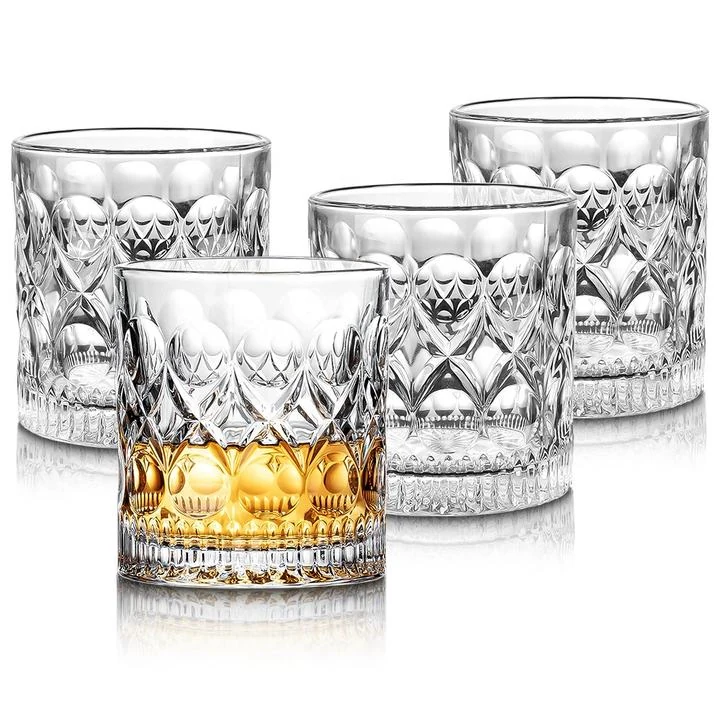
While La Opala began with opal glass dinnerware, it now offers high-end glass cups, tumblers, and decorative glass collections. Its designs often feature European-inspired aesthetics adapted to Indian tastes. The company’s production facilities in Madhupur and Sitarganj are equipped with automated forming and decorating systems.
Its main markets include retail, hospitality, and corporate gifting. The company’s innovation lies in design detailing, high-transparency glass, and durability. La Opala holds multiple quality certifications and exports to over 30 countries. It is a symbol of how Indian brands can compete globally through design excellence.
Hindustan National Glass & Industries Ltd. (HNG)
Founded in 1946 in Kolkata, HNG is one of India’s largest glass container manufacturers, producing a variety of glass cups and jars. The company represents industrial scale and engineering expertise.
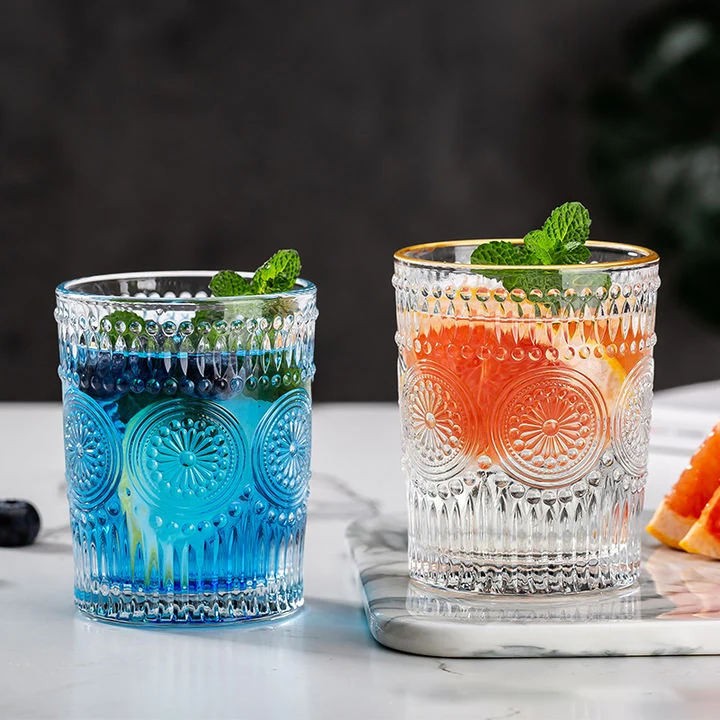
HNG’s facilities use advanced forming machines and automated inspection systems. It produces glass for food, beverage, and hospitality industries. The company emphasizes quality, efficiency, and eco-friendly production. Its high-capacity furnaces allow continuous output with minimal energy loss.
HNG serves both domestic and export markets, with clients in Europe, Africa, and the Middle East. The company’s certifications include ISO9001 and ISO14001 for environmental management. HNG’s scale and technology make it a cornerstone of India’s glass manufacturing ecosystem.
| Company | Founded | Core Products | Industries | Certifications |
|---|---|---|---|---|
| Borosil Limited | 1962 | Borosilicate Cups, Drinkware | Hospitality, Retail | ISO, Eco Awards |
| La Opala RG | 1987 | Glass Cups, Tableware | Retail, Gifting | ISO, Design Awards |
| HNG | 1946 | Drinkware, Containers | Food, Beverage | ISO9001, ISO14001 |
Part 3: Trade Shows and Industry Events
India International Trade Fair (IITF)
The India International Trade Fair, held annually in New Delhi, is one of the country’s largest exhibitions for consumer and industrial goods. It showcases a wide range of Indian products, including glass cups, tableware, and home décor. It’s a gateway for Indian manufacturers to reach global buyers.

The fair attracts thousands of exhibitors and visitors from across Asia, Europe, and Africa. Glassware manufacturers use the event to launch new collections and build partnerships with international distributors. The fair also highlights India’s growing capabilities in sustainable and eco-friendly production. It’s a key event for both trade and innovation in the homeware industry.
Glaspex India
Glaspex India, organized biennially in Mumbai, is a specialized trade show dedicated to glass manufacturing and processing. The event focuses on technological advancements and raw material sourcing. It’s where India’s glass future takes shape.
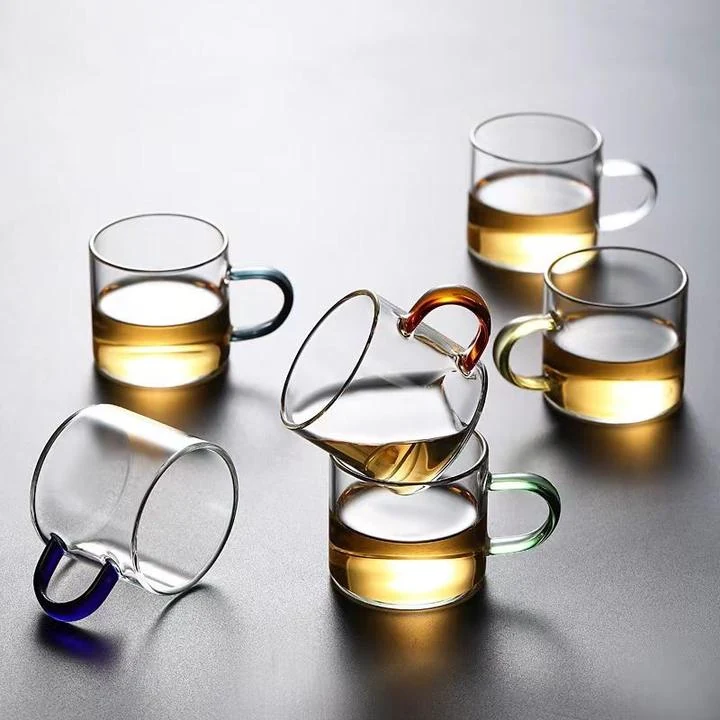
The exhibition brings together glass producers, equipment suppliers, and technology providers. It covers everything from float glass to consumer glassware. For glass cup manufacturers, Glaspex offers access to new machinery, sustainable technologies, and industry insights. The event supports the modernization of India’s glass manufacturing landscape.
| Event | Date | Location | Highlights |
|---|---|---|---|
| India International Trade Fair | November (Annually) | New Delhi | Export promotion, new product launches |
| Glaspex India | Biennially | Mumbai | Glass technology, sustainability |
Part 4: Impact of Global Trade Policies
Global trade policies have significantly influenced India’s glass cup industry. Free trade agreements with Asia-Pacific and Middle Eastern countries have opened new markets for Indian exporters. Meanwhile, global energy fluctuations and raw material tariffs pose challenges that push companies toward efficiency and innovation.
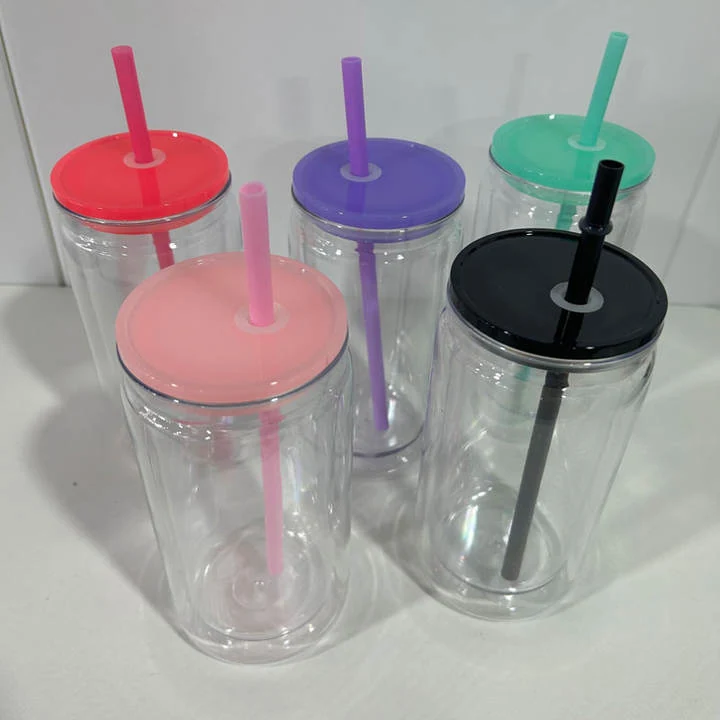
Manufacturers are adapting by investing in renewable energy sources such as solar-powered furnaces and waste recycling systems. The government’s focus on reducing import dependency aligns with this shift toward self-reliance. At the same time, anti-dumping measures in some regions encourage Indian exporters to diversify into higher-value segments.
Despite rising competition from China and Southeast Asia, Indian glass producers maintain an edge in design flexibility and cost efficiency. Many are now forming partnerships with European design houses to appeal to premium buyers. This collaboration between local skill and international design keeps India competitive in the global glassware market.
Part 5: Conclusion
India’s glass cup manufacturing sector reflects the country’s industrial transformation and creative potential. With its mix of scale, design, and sustainability, India is now a key player in global glass production. Companies like Borosil, La Opala, and HNG show how Indian brands can balance innovation with tradition.
Still, challenges such as energy costs, logistics, and skill development remain. Manufacturers must continue to invest in technology and design to strengthen their global presence. Yet, with strong domestic demand and growing export momentum, India’s glass cup industry stands on solid ground—ready to shape a transparent, sustainable, and beautifully crafted future.
Recommended Reading:
- Glass Cup Manufacturer Japan
- Glass Cup Manufacturer Germany
- Glass Cup Manufacturer China
- Glass Cup Manufacturer USA
- Glass Bottle Manufacturers in Portugal
- Glass Bottle Manufacturers in Micronesia
- Glass Bottle Manufacturers in Mauritius
- Glass Bottle Manufacturers in Mauritania
Glass Honey Bear Jars Wholesale 4 oz 6 oz 8 oz
Luxury fashion empty 30ml 50ml 100ml high quality perfume bottles
400Ml Heart Shaped Borosilicate Glass Cup For Juice
Glass Bottle Manufacturers in Moldova



